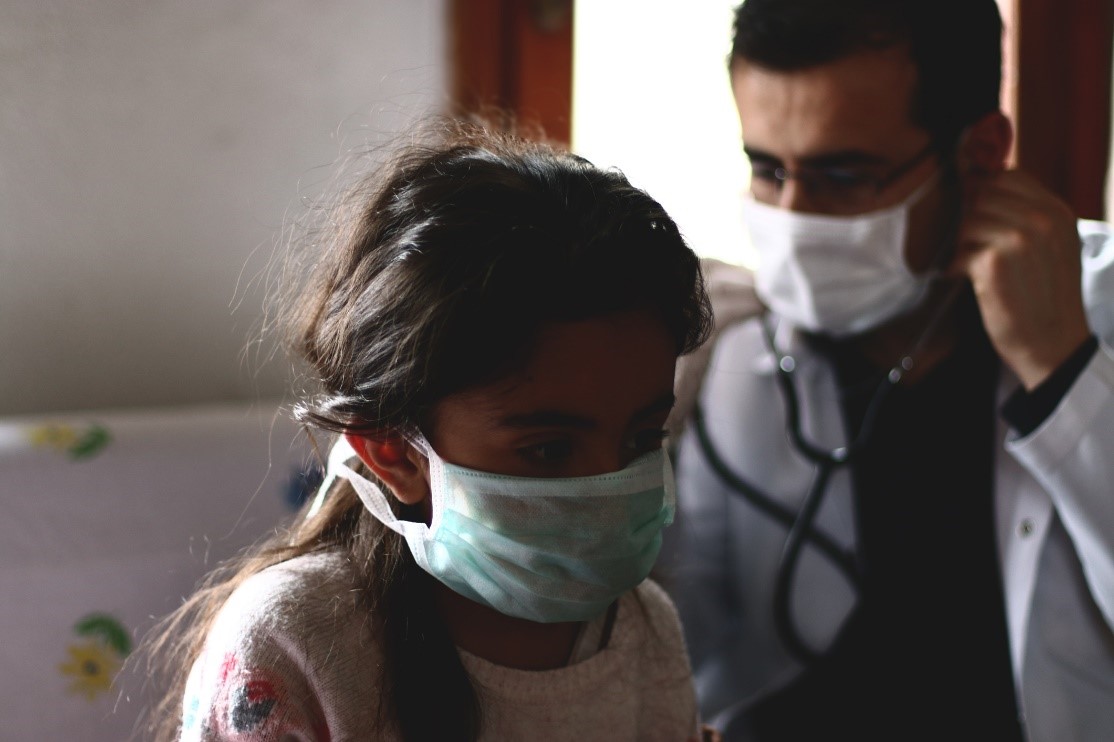Understanding Why Underserved Populations are Disproportionately Impacted by COVID-19
Transforming Communities, Innovations & Initiatives, Business
06/15/2020

While the effects of the COVID-19 pandemic are still emerging, current data suggests certain populations are more vulnerable to the novel coronavirus than others. According to a recent study from APM Research Lab, African Americans are dying from the virus at nearly three times the rate of white Americans. In 42 states and Washington D.C., Hispanics/Latinos make up a greater share of confirmed COVID-19 cases than their share of the population. Early data also indicates dramatically disproportionate rates of infection and death among Native Americans. Centene recently announced new partnerships addressing these inequities as part of our commitment to ensuring underserved populations can access high-quality healthcare.
"Over the past few months, we have experienced a world upended by a global pandemic and a country faced with civil unrest," said Michael F. Neidorff, Chairman, President, and CEO of Centene. "As a company providing health coverage to one in 15 Americans, we remain committed to taking action and playing a vital role in protecting the health of our members and local communities by identifying healthcare solutions to help address health disparities impacting our most vulnerable citizens."
Centene and the National Minority Quality Forum (NMQF), an independent research and educational organization dedicated to ensuring high-risk racial and ethnic populations receive optimal healthcare, recently announced a research partnership for the "Minority and Rural Health Coronavirus Study (MRCS)" to assess the impact of COVID-19 on racial minorities and underserved communities across the country.
NMQF recently launched the Coalition to Advance Coronavirus Testing—a public-private, non-partisan group working to fill a void, which is "the absence of a national strategy to deal with COVID-19 in minority and rural communities."
MRCS is a prospective longitudinal study of the risk factors associated with the impact that coronavirus is having on racial minorities and rural communities. In June, Centene, NMQF, and other public and private healthcare entities including Quest Diagnostics, began conducting COVID-19 PCR testing and antibody testing at federally qualified health centers in five states across the country. All testing locations were pre-identified based on various demographic characteristics, including a high proportion of African American deaths in proportion to the overall state population and a presence of communities of color that have been disproportionately impacted by COVID-19.
The MRCS research partnership falls under Centene's broader Communities Together in Health, an initiative led by Centene to help raise awareness around health disparities. Communities Together in Health engages key healthcare stakeholders — including members, providers, community leaders, nonprofit organizations, tribal governments and government officials — to help address disparities in the healthcare system, while recommending evidence-based solutions and policies to further address health disparities across the country.
Centene has also convened a group of medical, non-profit and community leaders to form the Centene Health Disparities Task Force. The Task Force will meet on a regular basis to provide advice and recommendations to Centene through the COVID-19 pandemic into the future.
For more information on how Centene is addressing the novel coronavirus and lessening its impact on vulnerable communities, visit our Resource Center.